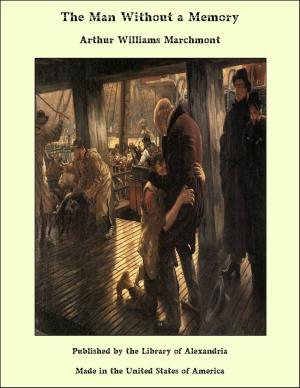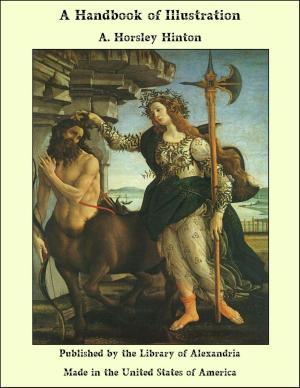A Deal in Wheat and Other Stories of the New and Old West
Nonfiction, Religion & Spirituality, New Age, History, Fiction & Literature| Author: | Frank Norris | ISBN: | 9781465539182 |
| Publisher: | Library of Alexandria | Publication: | March 8, 2015 |
| Imprint: | Language: | English |
| Author: | Frank Norris |
| ISBN: | 9781465539182 |
| Publisher: | Library of Alexandria |
| Publication: | March 8, 2015 |
| Imprint: | |
| Language: | English |
THE BEAR—WHEAT AT SIXTY-TWO As Sam Lewiston backed the horse into the shafts of his backboard and began hitching the tugs to the whiffletree, his wife came out from the kitchen door of the house and drew near, and stood for some time at the horse's head, her arms folded and her apron rolled around them. For a long moment neither spoke. They had talked over the situation so long and so comprehensively the night before that there seemed to be nothing more to say. The time was late in the summer, the place a ranch in southwestern Kansas, and Lewiston and his wife were two of a vast population of farmers, wheat growers, who at that moment were passing through a crisis—a crisis that at any moment might culminate in tragedy. Wheat was down to sixty-six. At length Emma Lewiston spoke. "Well," she hazarded, looking vaguely out across the ranch toward the horizon, leagues distant; "well, Sam, there's always that offer of brother Joe's. We can quit—and go to Chicago—if the worst comes
THE BEAR—WHEAT AT SIXTY-TWO As Sam Lewiston backed the horse into the shafts of his backboard and began hitching the tugs to the whiffletree, his wife came out from the kitchen door of the house and drew near, and stood for some time at the horse's head, her arms folded and her apron rolled around them. For a long moment neither spoke. They had talked over the situation so long and so comprehensively the night before that there seemed to be nothing more to say. The time was late in the summer, the place a ranch in southwestern Kansas, and Lewiston and his wife were two of a vast population of farmers, wheat growers, who at that moment were passing through a crisis—a crisis that at any moment might culminate in tragedy. Wheat was down to sixty-six. At length Emma Lewiston spoke. "Well," she hazarded, looking vaguely out across the ranch toward the horizon, leagues distant; "well, Sam, there's always that offer of brother Joe's. We can quit—and go to Chicago—if the worst comes















